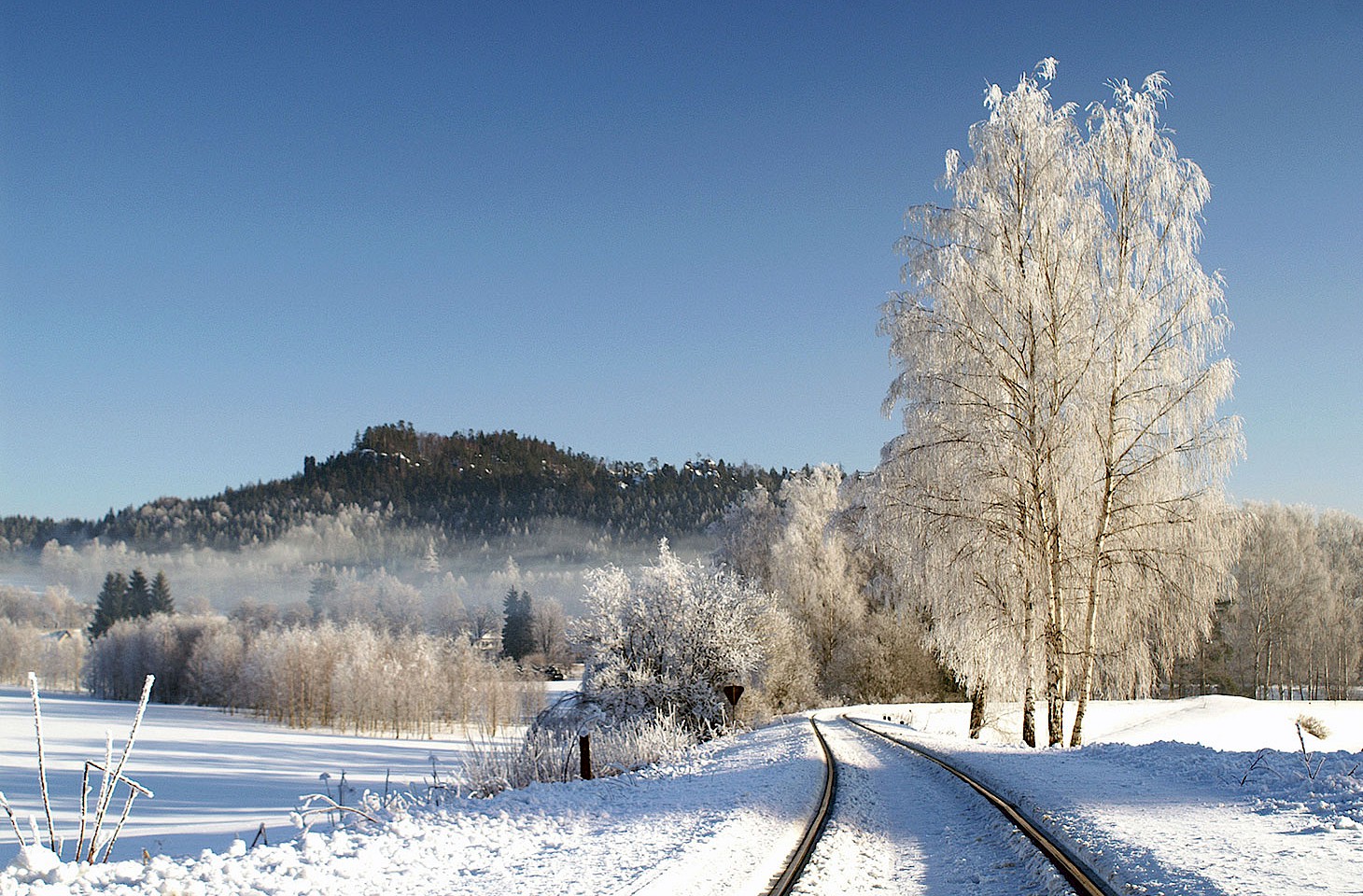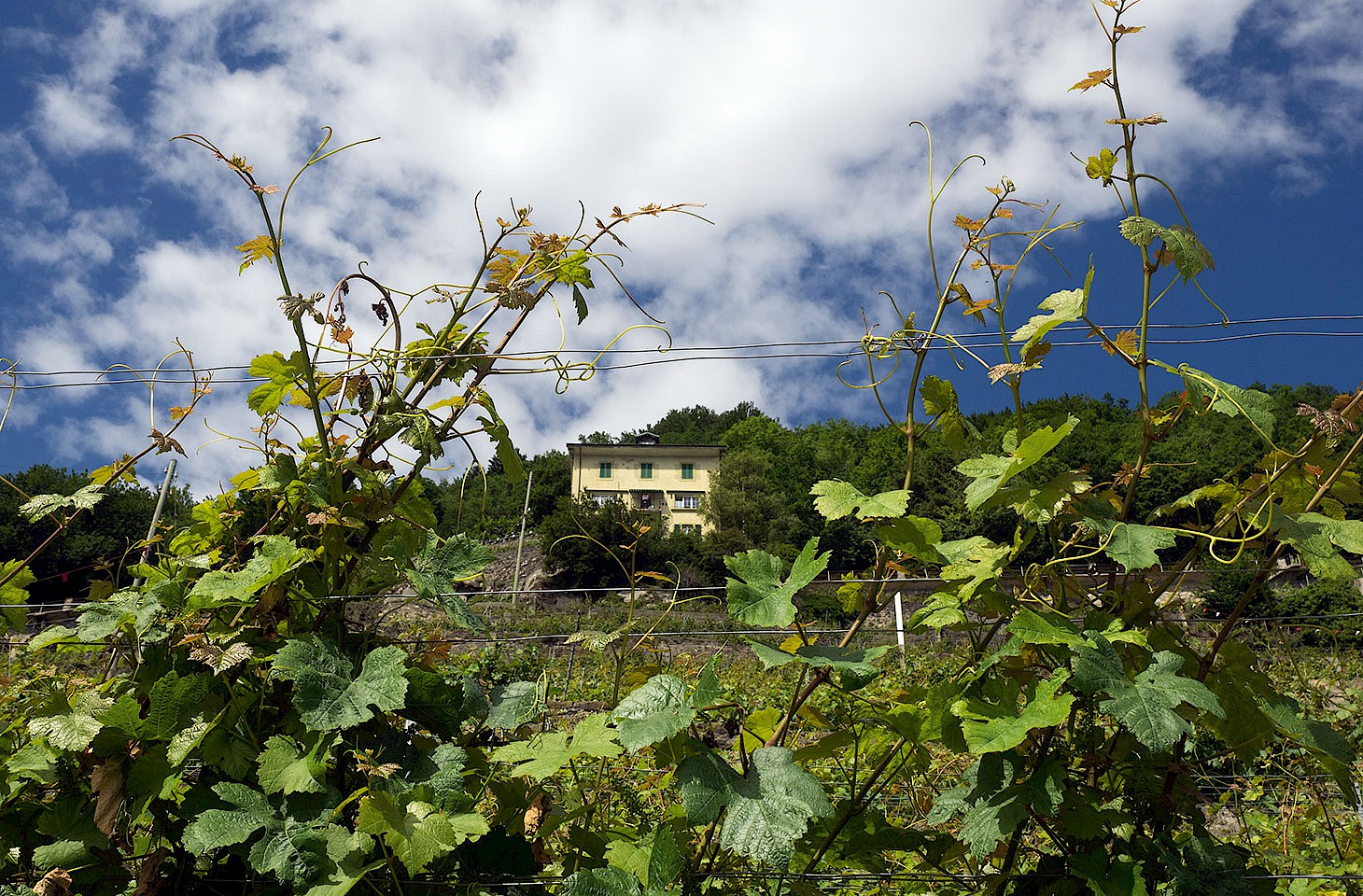While the German city of Trier has long capitalized on its historic links with Karl Marx, the Wuppertal region has made less of the Engels connection. The house where Friedrich Engels was born is in the Wuppertal district of Barmen. It is a handsome late-baroque residence on a road now very appropriately named Engelsstrasse. The house reflects the status of the Engels family. The building has undergone a thorough renovation over the last four years and reopens to the public on the bicentennial of Engels’ birth.
hidden europe 62
Wuppertal's famous son
by hidden europe
Summary
The German city of Wuppertal marks the bicentenary of the birth of Friedrich Engels this autumn. He was born in the Barmen district of Wuppertal on 28 November 1820.
Of course one can speed across Europe on sleek, fast trains. But slow trains, the kind that dawdle along branch lines, are so much more interesting. We ride a rural rail route in northern Bohemia, where fading railway stations reveal a Habsburg history. Join us on the slow train to Dolni Poustevna.
If Alsace has a regional watchword, it is balance. It is as true of Alsace’s complex history, deftly melding French and German interests, as of the region’s remarkable wines. Join us as we explore the Alsace wine route, taking in some of the villages where winemaking has for centuries been a staple in the local economy.
Lakeside Tradition: Exploring the Lavaux Vineyards
The Lavaux area in Switzerland is one of Europe's oldest winegrowing regions, a distinction which has earned for Lavaux a place on UNESCO's World Heritage List. The Lavaux vineyards drape the north shore of Lake Geneva at the western end of the Montreux Riviera. It is an area of immense charm, a perfect region to linger and enjoy the local Chasselas wines which take so much of their character from the local soil.




